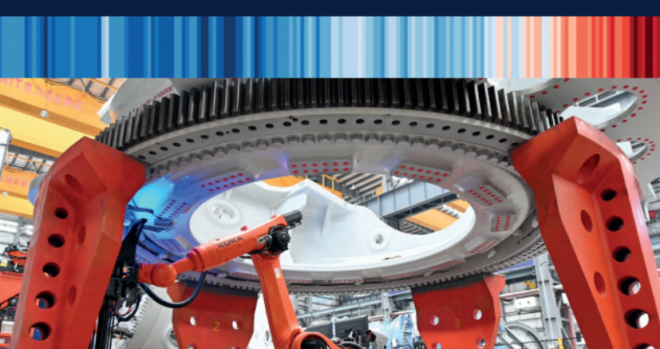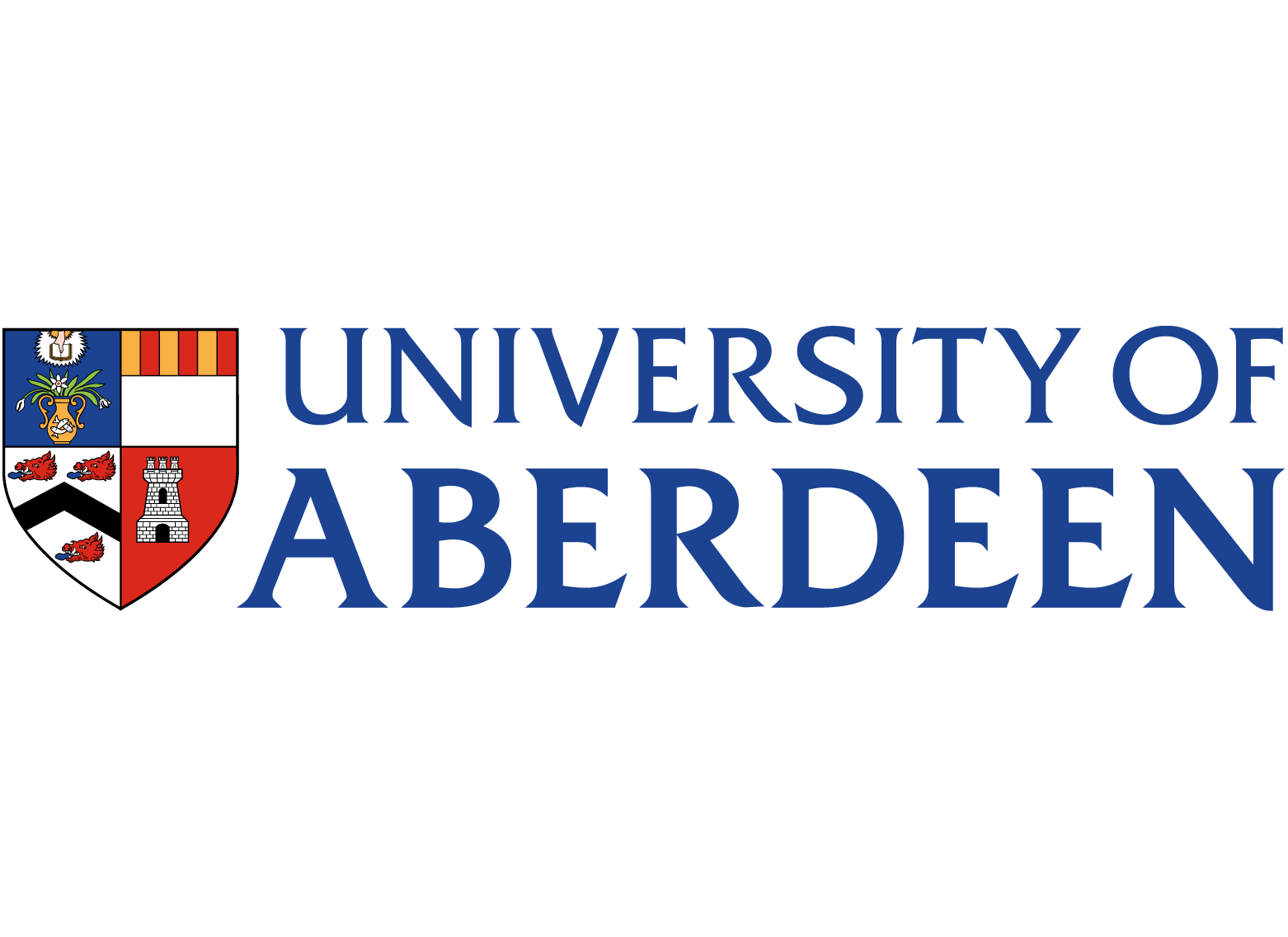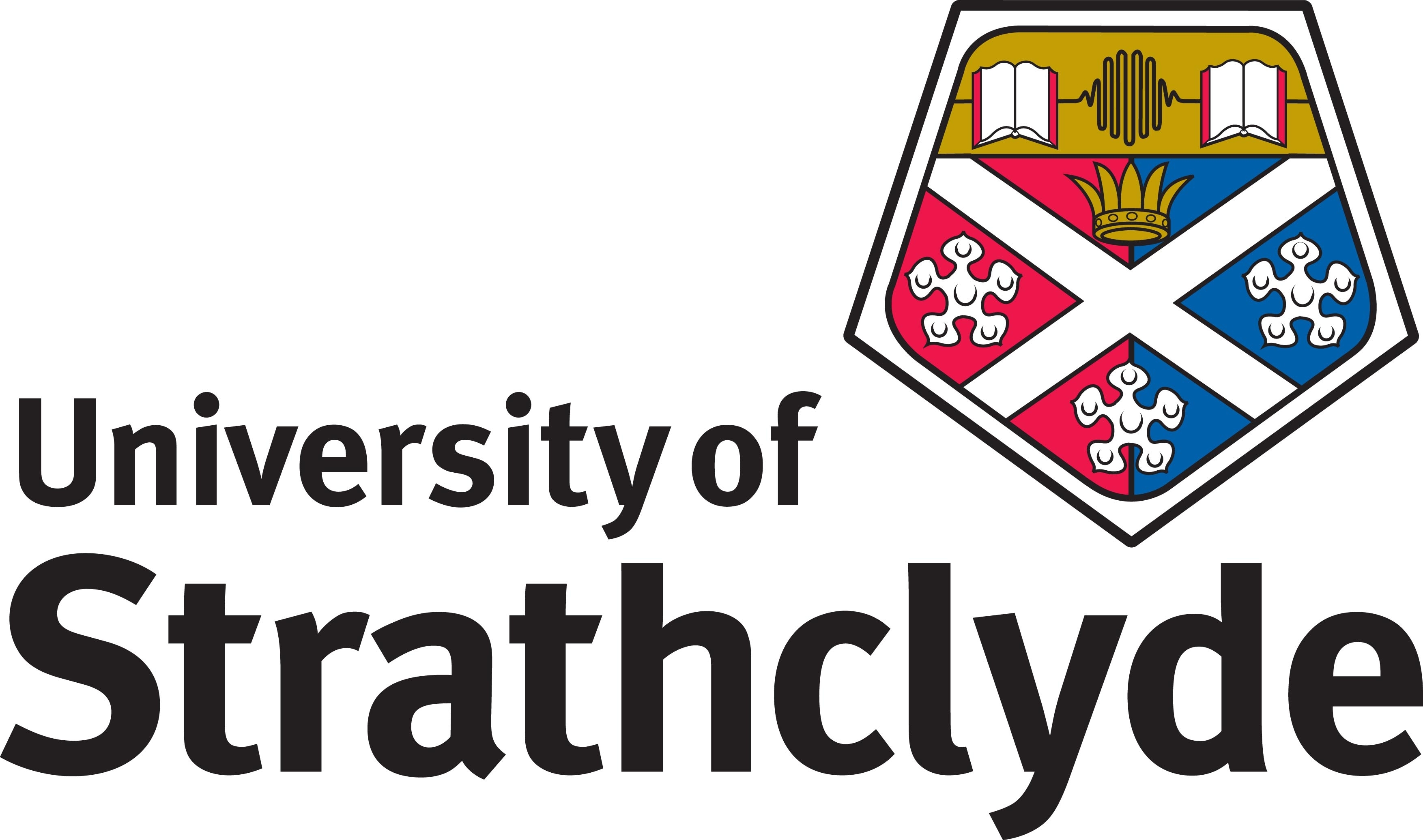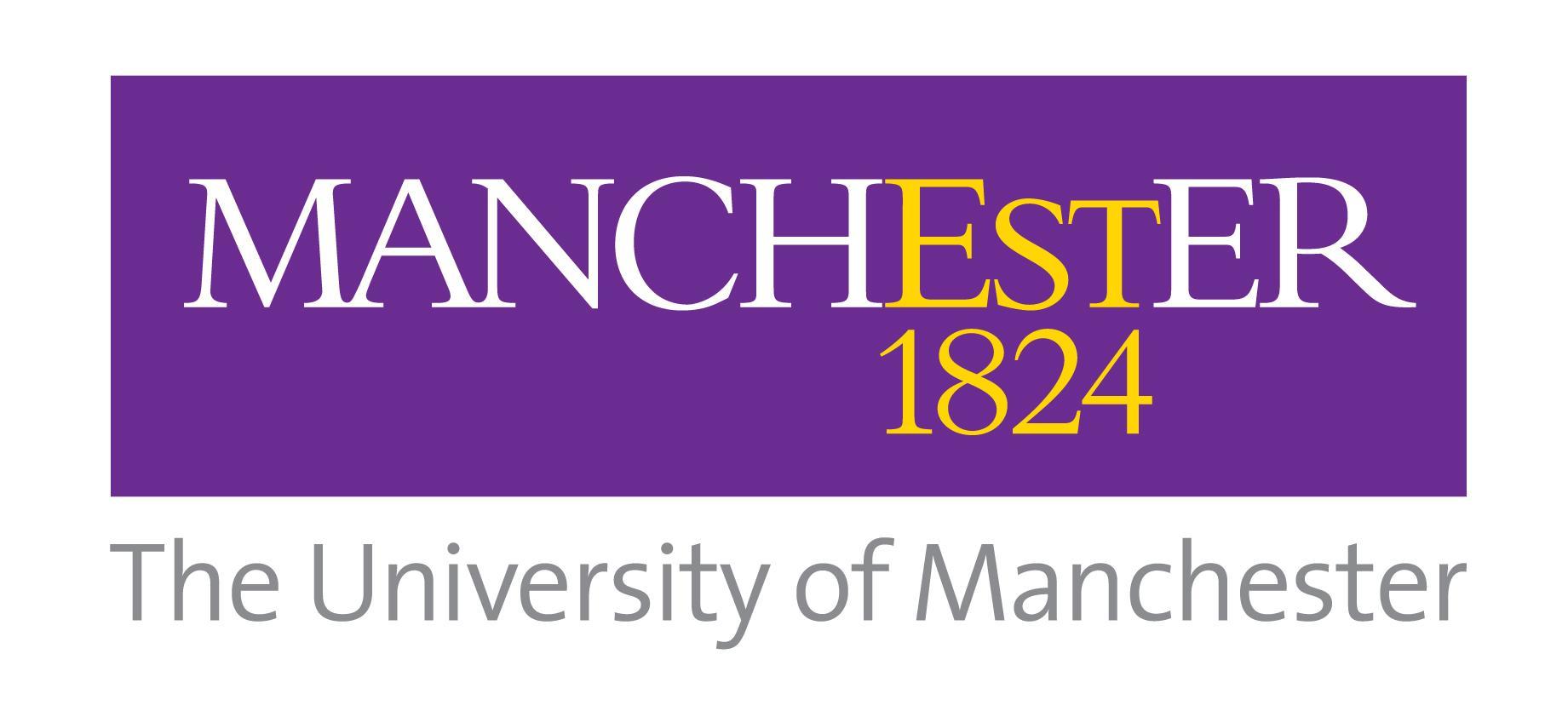The prediction of design loads for floating offshore renewable energy (ORE) devices is a timeconsuming process requiring multiple 1-3 hour sea states to be modelled along with multiple random phase seeds for each sea state. Floating wind turbines then have the added complexity of wind loading expanding the parameter space further. A method of producing short, response conditioned design episodes consisting of 5-10 minute wave and wind time series has been developed to try and reduce these long simulation times in order to speed up the prediction of design loads. The method also opens up the possibility of using higher fidelity numerical modelling and physical experiments in place of the mid-fidelity potential flow based models used presently.
The short design waves are composed of constrained focused waves. In the proposed project theshort design episode method will be tested for a physical model of an opensource spar type floatingoffshore wind turbine (FOWT) [3] in the presence of currents. Currents complicate the physical realisation of the target wave profiles in the wave basin and will require an updated calibration procedure. The wind will be modelled in the physical experiments using an existing hybrid approach where a surrogate model trained on OpenFAST data is used to emulate the aerodynamic thrust.











